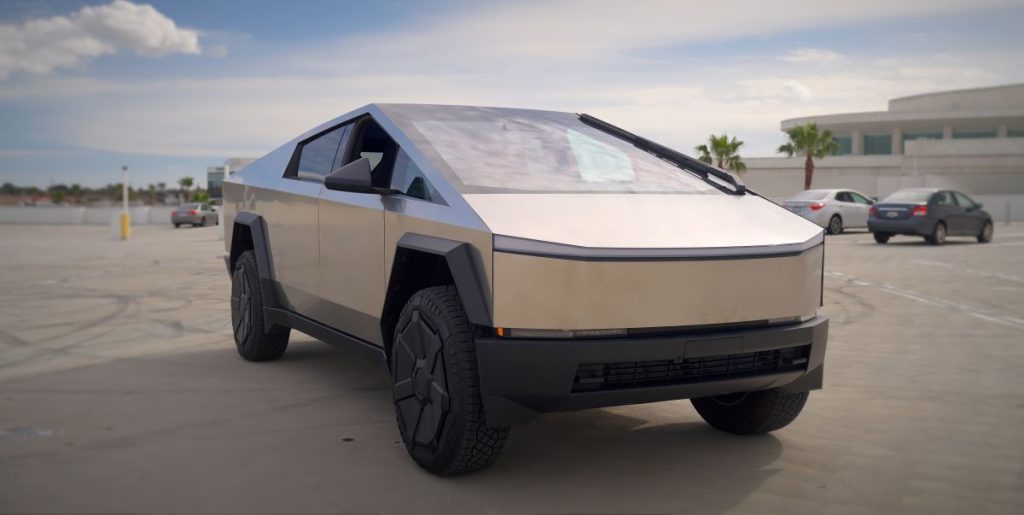Is it really illegal to own a Cybertruck in Europe?
Others are reading now
A viral TikTok video this month claimed that Tesla’s Cybertruck is “illegal” across Europe, prompting confusion about what owners can and cannot do. The truth is more nuanced, but for most EU residents, the end result is effectively the same.
You can import one. You just can’t legally drive it.
Registration roadblock
Across the European Union, every new vehicle must undergo EU type approval before it can be sold or registered. Tesla has never submitted the Cybertruck for that process, leaving national vehicle agencies unable to issue license plates for public-road use. The truck can physically enter the EU, but without registration it cannot operate on public streets in any country that follows EU homologation rules.
This has created a situation in which privately imported Cybertrucks end up parked, trailered, or used only on private land.
Safety concerns
The Cybertruck’s design is at the heart of its regulatory problems. Its rigid stainless-steel exterior conflicts with EU pedestrian-protection requirements, which mandate front-end structures that absorb impact rather than deflect it. The vehicle’s size and weight also exceed thresholds regulators typically approve for light-duty passenger vehicles.
Also read
Several other features do not match EU standards either, including mirror specifications, lighting requirements and bumper geometry. Without substantial changes, the model cannot pass conformity testing, and Tesla has given no indication that an EU-specific version is in development.
Workarounds with limits
The viral video highlighted a loophole: a Cybertruck driven in Germany on Dubai plates under a carnet de passage, a temporary import permit designed for tourists. This scheme allows a non-EU resident to drive a foreign-registered vehicle inside the bloc for a limited period, as long as it is not sold locally and leaves before the permit expires.
The system is not intended for daily use or permanent residence. EU citizens generally cannot use it, and it offers no practical solution for someone hoping to drive a Cybertruck legally within the Union long term.
The view outside the EU
A different picture has emerged in parts of Europe that are not subject to EU type-approval rules. Norway, for example, uses its own approval framework and has already allowed limited private imports. Cybertruck sightings there have become increasingly common, reflecting a more flexible national approach.
Inside the EU, however, the rules remain firm: without formal approval from regulators, the Cybertruck cannot be registered, no matter how many arrive at ports or appear on social media.
Also read
You can watch the video here.
Sources: TikTok


